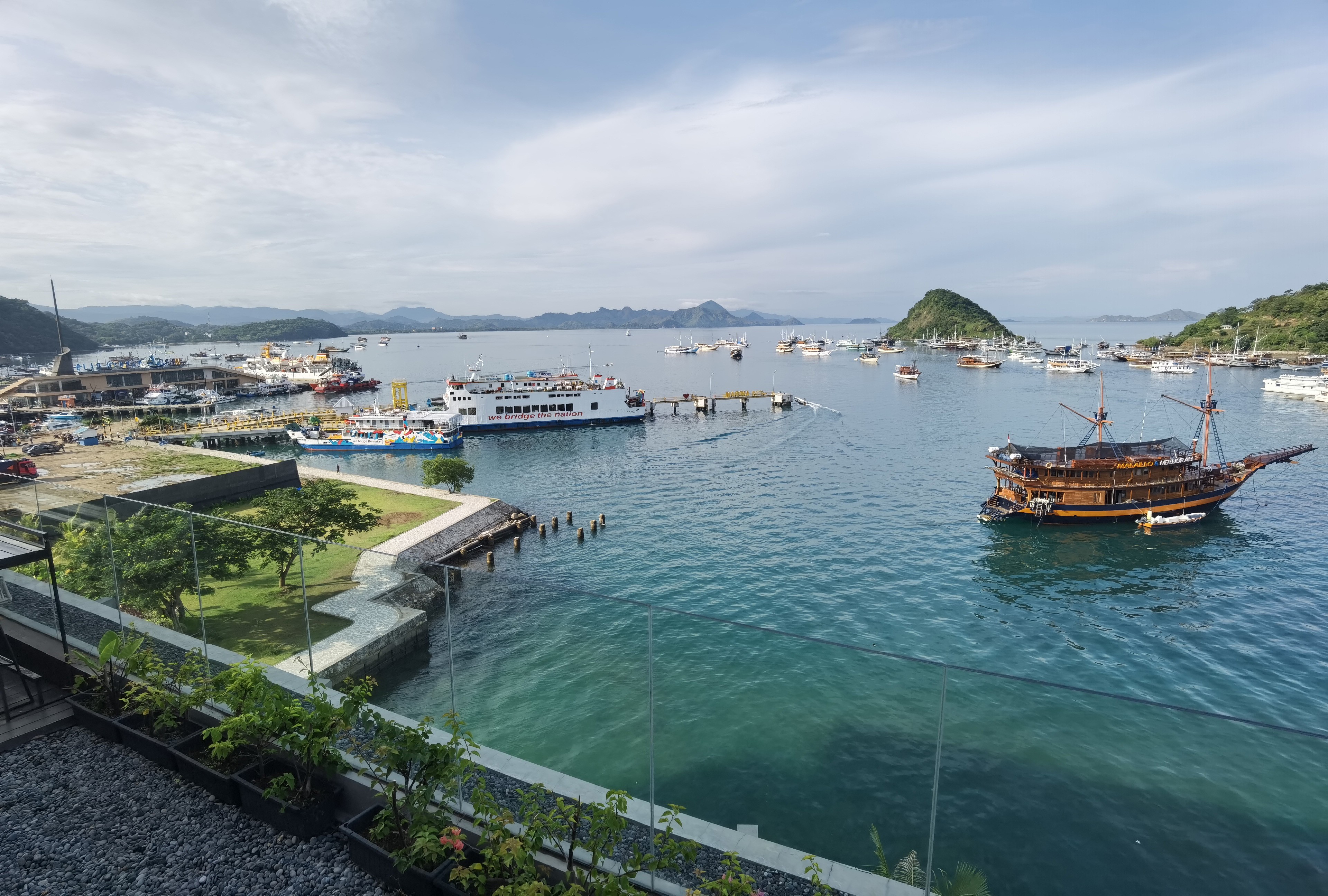What is neocolonialism?
Neocolonialism is like a new version of colonialism.
"Neocolonialism is the continuation or reimposition of imperialist rule by a state (usually, a former colonial power) over another nominally independent state (usually, a former colony). Neocolonialism takes the form of economic imperialism, globalization, cultural imperialism and conditional aid to influence or control a developing country instead of the previous colonial methods of direct military control or indirect political control (hegemony)."
We think of it as the old colonialism that lasted a very long time, even up until 1982 when Zimbabwe became "independent".
So what then is colonialism?
"Colonialism is when strong countries take over other places to get more power and money. They use force, control the government, and take advantage of the people who live there."
From what we've seen in trade, things haven't really changed much. Now, it's not just countries, but also big companies working with governments that do these things.

And how does that affect me?
A lot. Because 450 years of colonial thinking leaves its mark, whether we realize it or not.
Two Euros for one kilo of bananas? That's a lot! More than 5 Euros for a pound of coffee? That's too much!
Have you ever wondered why a kilo of apples can cost more than a kilo of bananas imported from Ecuador? It's not just because workers in European countries get paid more than in "developing countries" far away. Even if that's part of the reason, we should ask ourselves how much of the 2 Euros for the banana pickers actually goes to them. And how much does the coffee farmer or harvester get from the 5 Euros for 500 grams of roasted coffee, considering that 32 cents are for taxes and 1.09 Euros are for coffee tax (in Germany). It seems like the people who work the hardest in the coffee business don't get the biggest share. There are also many middlemen who want their cut, costs for things like pesticides, certification, importing, roasting, packaging, and more.

What is left in the end?
Hardly anything changes for the better. Both the farmers and us are not getting much benefit. The farmers are still being taken advantage of, and we end up with products that are not good for our health and not of good quality. We don't really feel bad about it. Instead, we let other people make unfair profits.
Is this really what we want? Maybe it's time to think more about what we buy. Is it time to take a closer look? Could we be happier with having less, but getting better things in the long run? Maybe we should focus on getting things that are really good, rather than getting a lot of things that aren't so good.
Our society often treats important values as if they are not that important. The word "value" itself has lost its true meaning because it's used too much. It's really important to stop and think about what's really valuable.
Maybe we can do this while enjoying a really good cup of coffee, with people who are important to us.
“Nowadays people know the price of everything and the value of nothing.”
Oscar Wilde

